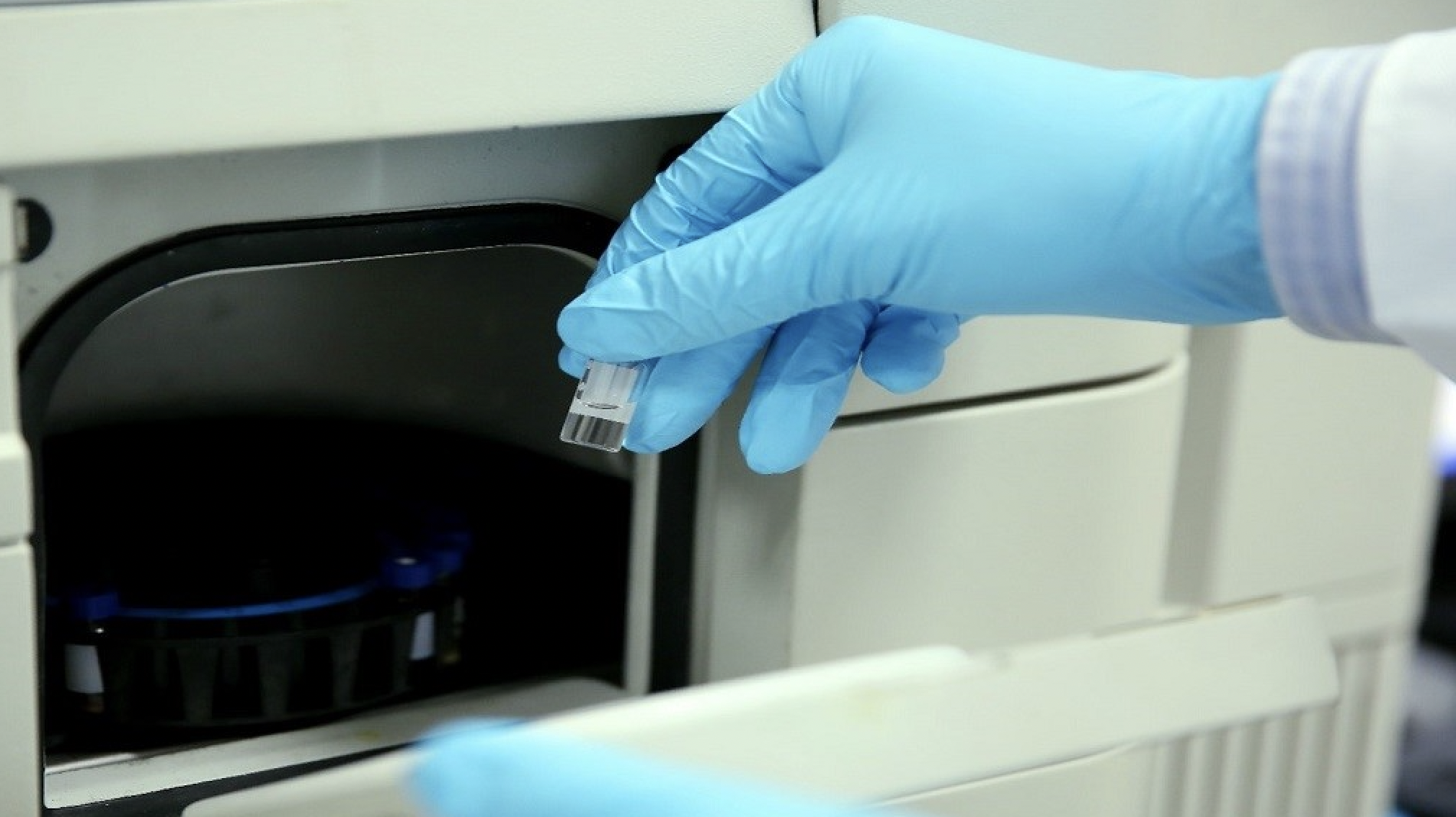China-based TenNor Therapeutics has announced positive results from its Phase III clinical study for rifasutenizol (TNP-2198) in treating Helicobacter pylori (H. pylori) infection. The study successfully met its primary endpoints, showing significant advantages of the rifasutenizol regimen over the bismuth-containing quadruple therapy (BQT), which is the current standard of care.
Study Design and Outcomes
The multi-center, randomized, double-blinded, BQT-controlled Phase III study aimed to evaluate the efficacy and safety of TNP-2198 in combination with amoxicillin and rabeprazole for H. pylori infection treatment in treatment-naive patients. A total of 700 patients were randomly assigned in a 1:1 ratio to receive either rifasutenizol triple therapy or BQT treatment for 14 days. The rifasutenizol triple therapy achieved a >90% eradication rate in the modified intention-to-treat (mITT) population, surpassing the BQT control (92.0% vs. 87.9%, difference 4.1%, non-inferiority test p<0.0001, superiority test p=0.0338). Additionally, the rifasutenizol regimen exhibited a better safety and tolerability profile, with lower treatment-emergent adverse events (TEAEs), investigational drug-related TEAEs, and TEAEs with grade 3 or above.
Rifasutenizol’s Mechanism and Potential
Rifasutenizol is a novel multi-targeting drug candidate with a synergistic mechanism of action against anaerobic and microaerophile bacteria. It has the potential to overcome antibiotic resistance, reduce resistance frequency, and be effective against slow metabolizing spherical bacteria. The drug has previously received clinical approval in the United States and has been granted Qualified Infectious Disease Product (QIDP) and fast-track statuses.-Fineline Info & Tech
